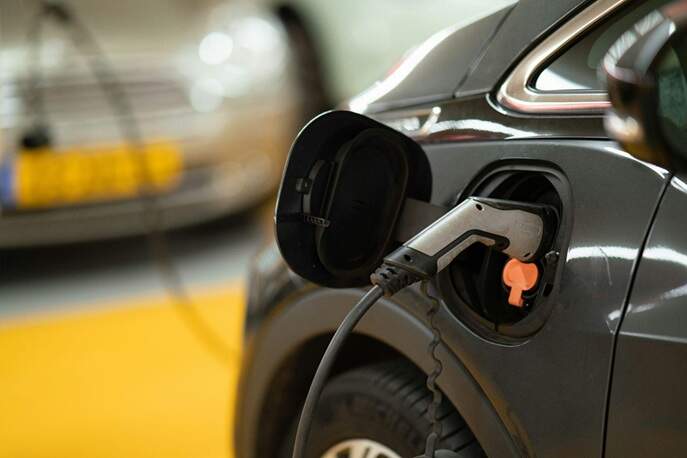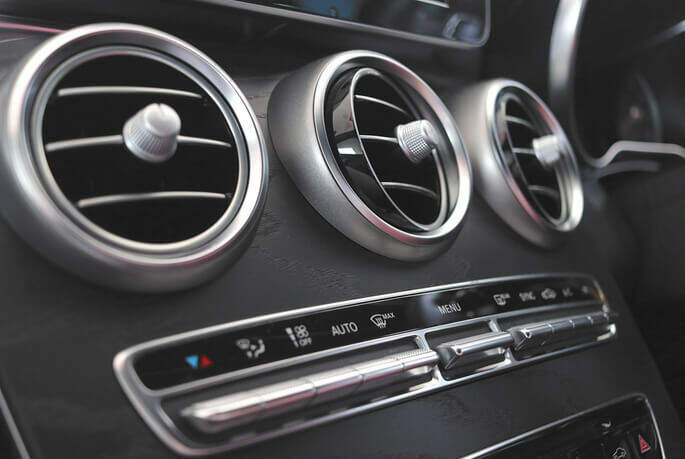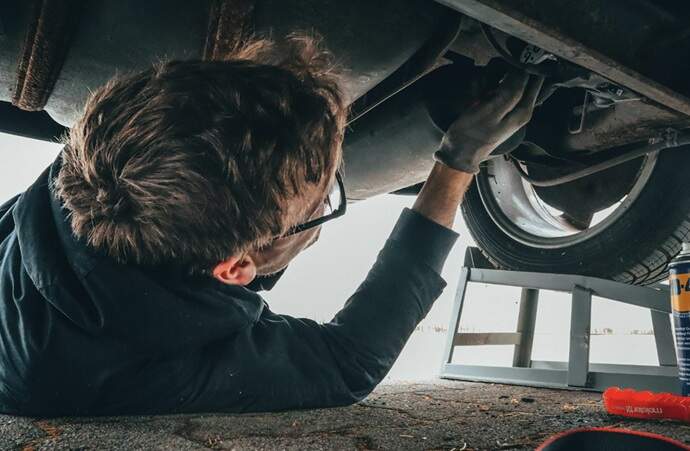You might’ve heard that electric vehicles are basically maintenance-free. But is that true? While EVs are mechanically simpler than petrol or diesel vehicles, they still need regular care to stay safe, efficient, and road-ready. So if you’re asking, “Do electric cars need maintenance?”, the honest answer is yes. Just not in all the same ways you’re used to.
What Maintenance Do EVs Need?
There’s no oil to change or fuel filters to swap out, but electric cars are not set-and-forget. They have their own list of essentials that need servicing. Here’s what EV maintenance usually includes:
- Tyre Care: Because electric vehicles tend to be heavier and deliver full torque instantly, tyres can wear faster. Regular rotation, balancing, and alignments are essential to keep traction and even wear. You’ll also want to ensure your tyres are rated right for your EV’s load and torque profile.
- Brake System: Regenerative braking reduces pad wear but doesn’t make brakes immune to damage. Pads and rotors still wear over time, and brake fluid must be flushed every few years.
- Battery Health Checks: Your EV’s primary battery is built to last, but still benefits from monitoring. Software updates, temperature management checks, and performance diagnostics help maintain its long-term health.
- Cooling System: Many EVs have a liquid cooling system for the battery and power electronics. Just like any cooling system, it needs occasional flushing and checks for leaks.
- Steering & Suspension: These systems are no different from traditional cars. They still cop the same wear from rough roads, potholes, and heavy loads.
- Cabin Air Filter & Wiper Blades: EV or not, clean airflow and clear vision are non-negotiable. These items should be replaced as needed—usually every 12 months or so.
- Gearbox or Reduction Drive Fluid: Some EVs, particularly performance gearing ones, have serviceable transmission fluids. It’s worth checking the logbook for intervals.

Common Misconceptions About Electric Car Maintenance
Myth 1: Electric cars don’t need servicing.
False. They don’t need as much servicing, but ignoring maintenance altogether is asking for trouble. Brakes, tyres, fluids, and batteries all need care.
Myth 2: The battery takes care of itself.
Not exactly. While EV batteries are robust and designed to last many years, thermal management and charging habits can affect their health. That’s why periodic checks matter, especially as the vehicle ages.
Myth 3: No fluids, no problems.
EVs still have brake fluid, coolant, and sometimes gear oil. Like any other car, these all need attention over time.
Myth 4: You don’t need a mechanic.
Servicing an EV does require different skills, but it still needs a qualified technician who understands high-voltage systems.
Signs Your EV Might Need a Check-Up
- Less Driving Range: If your car’s range has noticeably dropped, it might be due to battery wear, temperature effects, or system faults.
- Weird Noises: EVs are naturally quiet, so any clicking, humming, or grinding from underneath is worth a closer look.
- Warning Lights: If your dashboard lights up with symbols you don’t recognise, don’t ignore them. Book a diagnostic check and find out what’s going on.
- Vibrations or Steering Pull: This could be caused by tyre issues, suspension wear, or even brake rotor warping. Either way, it’s best checked early.
- Charging Trouble: If your EV takes longer to charge, or the charger keeps cutting out, the onboard system or battery could be at fault.
Are EVs Really Cheaper to Maintain in the Long Run?
In most cases, yes. A big advantage of EVs is fewer moving parts: no spark plugs, exhaust systems, or oil changes. This usually translates to:
- Lower annual service costs
- Fewer mechanical breakdowns
- Longer service intervals
- Simplified repairs (especially with software updates)
However, it’s not all smooth driving. Some EV tyres wear quickly, and battery replacements, though rare, can be expensive. Also, parts and labour for EV-specific issues may be harder to source outside of major cities. Still, when compared over 5 to 10 years, EVs tend to come ahead in terms of running costs. But only if you keep up with their basic maintenance.
Stay Ahead with Regular EV Servicing at Tyrepower
Regular servicing is key if you want your EV to run like new for years to come. At Tyrepower, we’re equipped to handle electric vehicle maintenance, from EV-appropriate tyres and wheel alignments to brake inspections and high-voltage safety checks. Ready for a check-up? Book your next EV service with Tyrepower today and keep your electric car running smoothly, efficiently, and safely.
This service may not be available at all Tyrepower locations. Please contact 13 21 91 your nearest store to check availability.




